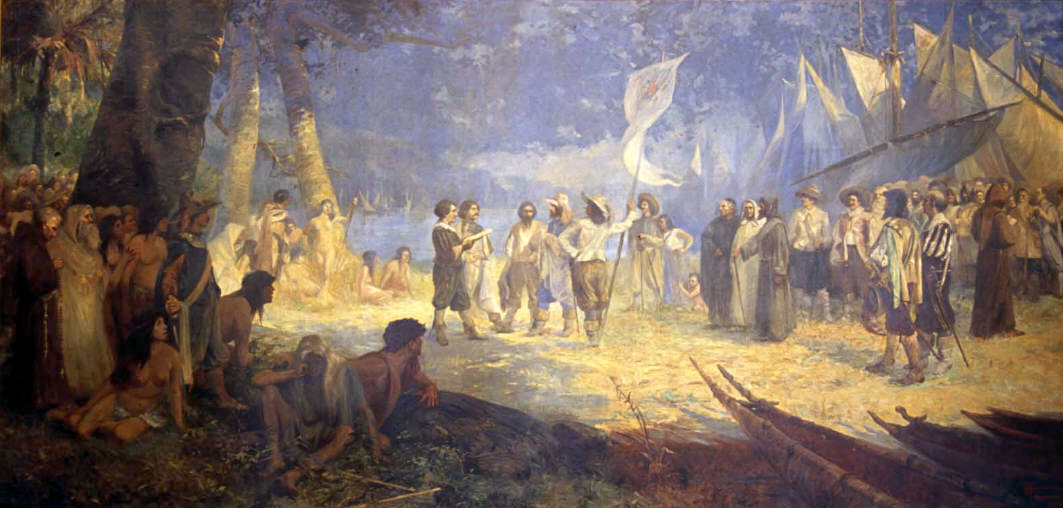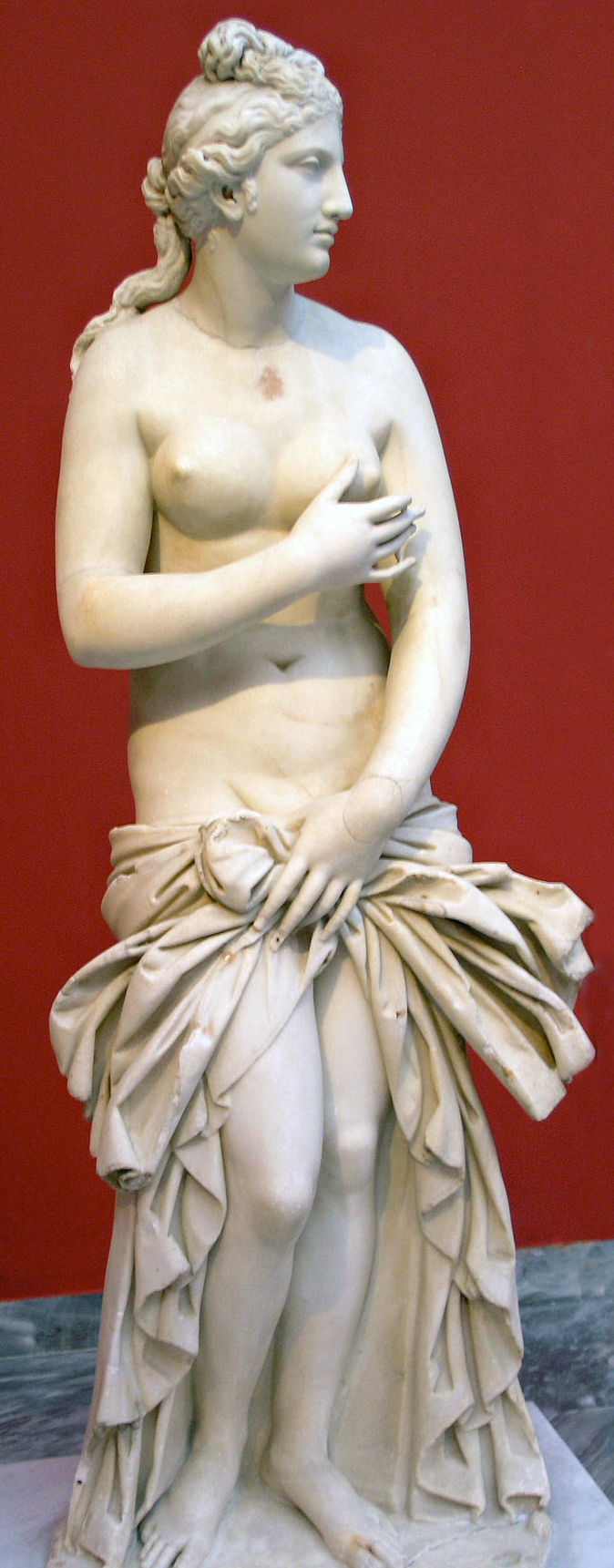|
Theatro Da Paz
Theatro da Paz (Peace Theater), is a brazilian theater located in the Praça da República (Republic Square) on the city of Belém, capital of the state of Pará, in Brazil. Theatro da Paz was built following neoclassical architectural lines, within the golden age of rubber in Amazon Basin. It is considered the most important culture house in northern Brazil. Its name has been suggested by bishop D. Macedo Costa, who also launched the ''fundamental stone'' of its construction, on March 3, 1869. Along the years, Theatro da Paz has suffered minor alterations in its façade, namely the reduction of the number of columns over the main entrance. Its architectural lines remain unaltered, though. History Theatro da Paz was planned by engineer José Libúrcio Pereira Magalhães, with some alterations added by the Public Constructions office. Construction ended in 1874, but the theater was only opened to the public after an administrative investigation against its builders took place ... [...More Info...] [...Related Items...] OR: [Wikipedia] [Google] [Baidu] |
Belém
Belém (; Portuguese for Bethlehem; initially called Nossa Senhora de Belém do Grão-Pará, in English Our Lady of Bethlehem of Great Pará) often called Belém of Pará, is a Brazilian city, capital and largest city of the state of Pará in the country's north. It is the gateway to the Amazon River with a busy port, airport, and bus/coach station. Belém lies approximately 100 km upriver from the Atlantic Ocean, on the Pará River, which is part of the greater Amazon River system, separated from the larger part of the Amazon delta by ''Ilha de Marajó'' ( Marajo Island). With an estimated population of 1,499,641 people — or 2,491,052, considering its metropolitan area — it is the 11th most populous city in Brazil, as well as the 16th by economic relevance. It is the second largest in the North Region, second only to Manaus, in the state of Amazonas. Founded in 1616 by the Kingdom of Portugal, Belém was the first European colony on the Amazon but did not beco ... [...More Info...] [...Related Items...] OR: [Wikipedia] [Google] [Baidu] |
Gonçalves Dias
Antônio Gonçalves Dias (; August 10, 1823November 3, 1864) was a Brazilian Romantic poet, playwright, ethnographer, lawyer and linguist. A major exponent of Brazilian Romanticism and of the literary tradition known as " Indianism", he is famous for writing " Canção do exílio" (arguably the most well-known poem of Brazilian literature), the short narrative poem '' I-Juca-Pirama'', the unfinished epic '' Os Timbiras'', and many other nationalist and patriotic poems that would award him posthumously with the title of national poet of Brazil. He was also an avid researcher of Native Brazilian languages and folklore. He is the patron of the 15th chair of the Brazilian Academy of Letters. Biography Antônio Gonçalves Dias was born in Caxias on August 10, 1823, to a Portuguese father, João Manuel Gonçalves Dias and a '' cafuza'' mother, Vicência Ferreira. After completing his studies in Latin, French and Philosophy, he went in 1838 to Portugal to earn a degree in L ... [...More Info...] [...Related Items...] OR: [Wikipedia] [Google] [Baidu] |
Armando Baloni
Armando may refer to: * Armando (given name) * Armando (artist) (1929–2018), the name used by Dutch artist Herman Dirk van Dodeweerd * Armando (producer) (1970–1996), Chicago house producer * ''Armando'' (album), studio album by rapper Pitbull * Armando (''Planet of the Apes''), a fictional character {{disambiguation, hndis ... [...More Info...] [...Related Items...] OR: [Wikipedia] [Google] [Baidu] |
Greek Gods
The following is a list of gods, goddesses, and many other divine and semi-divine figures from ancient Greek mythology and ancient Greek religion. Immortals The Greeks created images of their deities for many purposes. A temple would house the statue of a god or goddess, or multiple deities, and might be decorated with relief scenes depicting myths. Divine images were common on coins. Drinking cups and other vessels were painted with scenes from Greek myths. Major gods and goddesses Greek primordial deities Titans and Titanesses The Titan gods and goddesses are depicted in Greek art less commonly than the Olympians. File:Eos Memnon Louvre G115.jpg, Eos (Dawn) and the hero Memnon (490–480 BC) File:Ilion---metopa.jpg, Helios in his four-horse chariot (3rd century BC) File:0029MAN-Themis.jpg, Themis, from the Temple of Nemesis (ca. 300 BC) File:Antakya Arkeoloji Muzesi 02366 nevit.jpg, Oceanus wearing crab-claw horns, with Tethys ( Roman-era mosaic) File:Creation Promet ... [...More Info...] [...Related Items...] OR: [Wikipedia] [Google] [Baidu] |
Manaus
Manaus () is the List of capitals of subdivisions of Brazil, capital and largest city of the States of Brazil, Brazilian state of Amazonas (Brazilian state), Amazonas. It is the List of largest cities in Brazil, seventh-largest city in Brazil, with an estimated 2020 population of 2,219,580 distributed over a land area of about . Located at the east center of the state, the city is the center of the Greater Manaus, Manaus metropolitan area and the largest metropolitan area in the North Region, Brazil, North Region of Brazil by urban landmass. It is situated near Meeting of Waters, the confluence of the Rio Negro (Amazon), Negro and Solimões River, Solimões rivers. It is the only city in the Amazon Rainforest with a population over 1 million people. The city was founded in 1669 as the Fort of São José do Rio Negro. It was elevated to a town in 1832 with the name of "Manaus", an altered spelling of the indigenous Manaós peoples, and legally transformed into a city on October 24 ... [...More Info...] [...Related Items...] OR: [Wikipedia] [Google] [Baidu] |
Teatro Amazonas
The Amazon Theatre () is an opera house located in Manaus, in the heart of the Amazon rainforest in Brazil. It is the location of the annual '' Festival Amazonas de Ópera'' (Amazonas Opera Festival) and the home of the Amazonas Philharmonic Orchestra which regularly rehearses and performs at the Amazon Theatre along with choirs, musical concerts and other performances. More than 120 years old, it represents the city's heyday during the rubber boom. It was chosen by the magazine '' Vogue'' as one of the most beautiful opera houses in the world. History The Amazonas Theatre was built during the Belle Époque at a time when fortunes were made in the rubber boom. Construction of the Amazon Theatre was first proposed in 1881 by a member of the local House of Representatives, Antonio Jose Fernandes Júnior, who envisioned a "jewel" in the heart of the Amazon rainforest. In 1882, the State legislature approved some limited financing, but this was considered insufficient. Later t ... [...More Info...] [...Related Items...] OR: [Wikipedia] [Google] [Baidu] |
Italy
Italy ( it, Italia ), officially the Italian Republic, ) or the Republic of Italy, is a country in Southern Europe. It is located in the middle of the Mediterranean Sea, and its territory largely coincides with the homonymous geographical region. Italy is also considered part of Western Europe, and shares land borders with France, Switzerland, Austria, Slovenia and the enclaved microstates of Vatican City and San Marino. It has a territorial exclave in Switzerland, Campione. Italy covers an area of , with a population of over 60 million. It is the third-most populous member state of the European Union, the sixth-most populous country in Europe, and the tenth-largest country in the continent by land area. Italy's capital and largest city is Rome. Italy was the native place of many civilizations such as the Italic peoples and the Etruscans, while due to its central geographic location in Southern Europe and the Mediterranean, the country has also historically b ... [...More Info...] [...Related Items...] OR: [Wikipedia] [Google] [Baidu] |
Anna Pavlova
Anna Pavlovna Pavlova ( , rus, Анна Павловна Павлова ), born Anna Matveyevna Pavlova ( rus, Анна Матвеевна Павлова; – 23 January 1931), was a Russian prima ballerina of the late 19th and the early 20th centuries. She was a principal artist of the Imperial Russian Ballet and the Ballets Russes of Sergei Diaghilev. Pavlova is most recognized for her creation of the role of '' The Dying Swan'' and, with her own company, became the first ballerina to tour around the world, including performances in South America, India and Australia. Early life Anna Matveyevna Pavlova was born in the Preobrazhensky Regiment hospital, Saint Petersburg where her father, Matvey Pavlovich Pavlov, served. Some sources say that her parents married just before her birth, others—years later. Her mother, Lyubov Feodorovna Pavlova, came from peasants and worked as a laundress at the house of a Russian-Jewish banker, Lazar Polyakov, for some time. When Anna rose ... [...More Info...] [...Related Items...] OR: [Wikipedia] [Google] [Baidu] |
Ballet
Ballet () is a type of performance dance that originated during the Italian Renaissance in the fifteenth century and later developed into a concert dance form in France and Russia. It has since become a widespread and highly technical form of dance with its own vocabulary. Ballet has been influential globally and has defined the foundational techniques which are used in many other dance genres and cultures. Various schools around the world have incorporated their own cultures. As a result, ballet has evolved in distinct ways. A ''ballet'' as a unified work comprises the choreography and music for a ballet production. Ballets are choreographed and performed by trained ballet dancers. Traditional classical ballets are usually performed with classical music accompaniment and use elaborate costumes and staging, whereas modern ballets are often performed in simple costumes and without elaborate sets or scenery. Etymology Ballet is a French word which had its origin in Ital ... [...More Info...] [...Related Items...] OR: [Wikipedia] [Google] [Baidu] |
Russia
Russia (, , ), or the Russian Federation, is a transcontinental country spanning Eastern Europe and Northern Asia. It is the largest country in the world, with its internationally recognised territory covering , and encompassing one-eighth of Earth's inhabitable landmass. Russia extends across eleven time zones and shares land boundaries with fourteen countries, more than any other country but China. It is the world's ninth-most populous country and Europe's most populous country, with a population of 146 million people. The country's capital and largest city is Moscow, the largest city entirely within Europe. Saint Petersburg is Russia's cultural centre and second-largest city. Other major urban areas include Novosibirsk, Yekaterinburg, Nizhny Novgorod, and Kazan. The East Slavs emerged as a recognisable group in Europe between the 3rd and 8th centuries CE. Kievan Rus' arose as a state in the 9th century, and in 988, it adopted Orthodox Christianity from the ... [...More Info...] [...Related Items...] OR: [Wikipedia] [Google] [Baidu] |
O Guarani (opera)
''O Guarani'' may refer to: *'' The Guarani'' (''O Guarani''), 1857 Brazilian novel by José de Alencar * ''O Guarani'' (1910 film), a 1910 short silent Portuguese film * ''O Guarani'' (1912 film), a 1912 silent Brazilian film * ''O Guarani'' (1916 film), a 1916 silent Brazilian film * ''O Guarani'' (1922 film), a 1922 Brazilian silent film *''O Guaraní ''O Guaraní'' is a 1926 Brazilian drama film directed by Vittorio Capellaro based on the novel ''The Guarani'' by José de Alencar. The film premiered in Rio de Janeiro on 18 October 1926. Cast *Mazza Amanda Mauceri as Ceci *Gilberto Bianchin ...'', a 1926 Brazilian silent film * ''O Guarani'' (1979 film), a 1979 Brazilian film * ''O Guarani'' (1997 film), a 1997 Portuguese film * ''O Guarani'' (2008 film), a 2008 Brazilian short documentary film * ''O Guarani'' (TV series), a 1959 Brazilian TV series * ''O Guarani'' (TV mini-series), a 1991 Brazilian TV mini-series {{dab ... [...More Info...] [...Related Items...] OR: [Wikipedia] [Google] [Baidu] |




.jpg)
